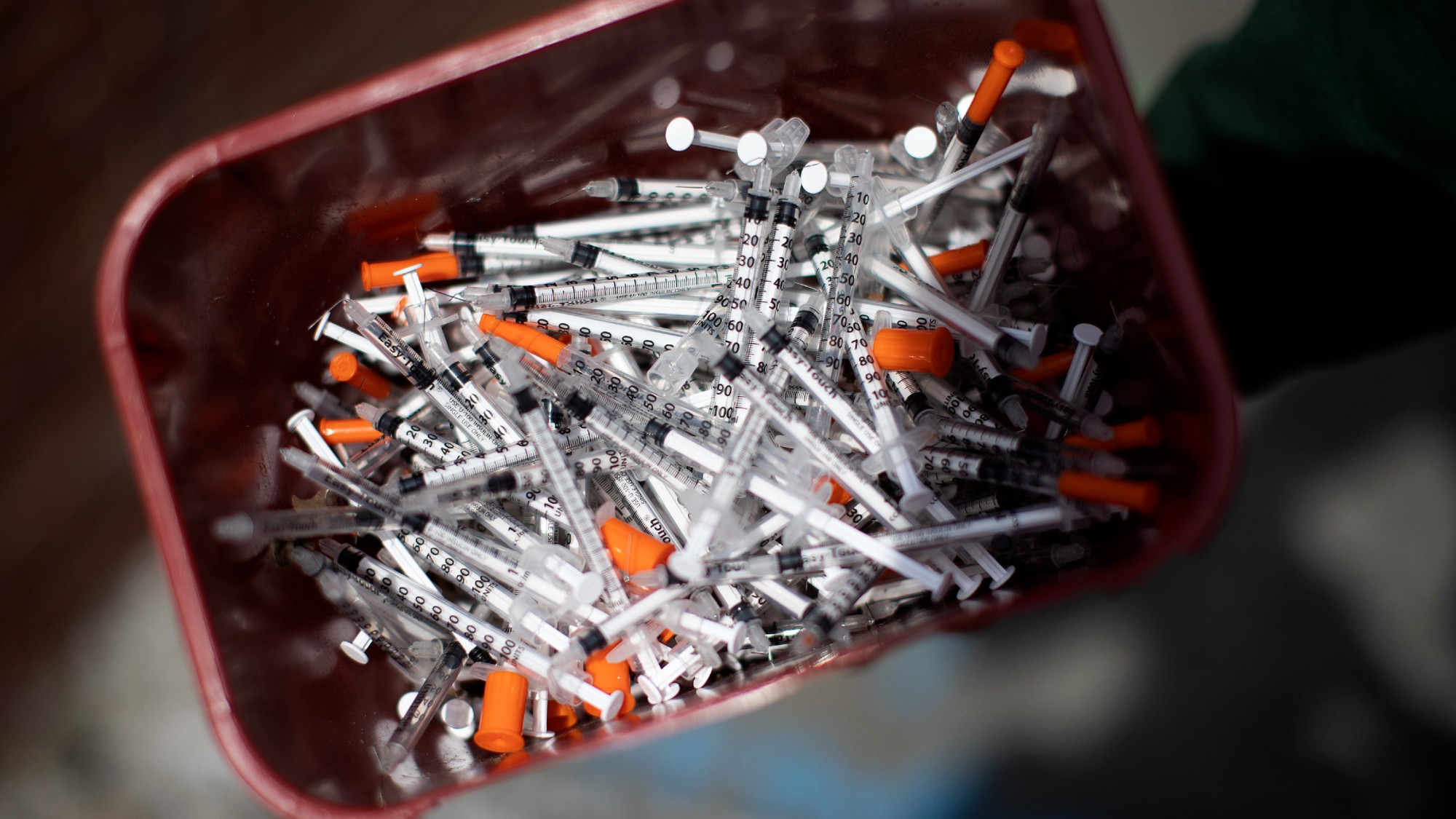‘The money to fix this problem already exists’
Opinion, comment and editorials of the day


A free daily email with the biggest news stories of the day – and the best features from TheWeek.com
You are now subscribed
Your newsletter sign-up was successful
‘We can’t fix the opioid crisis if we don’t know what’s killing people’
Shravani Durbhakula at Time
Medical examiners are “unable to detect many of the compounds fueling the next phase of the overdose crisis. But simple changes could be transformational,” says Shravani Durbhakula. The U.S. “still relies on toxicology panels built for yesterday’s drug supply.” This “gap means that policymakers and public health professionals chase outdated trends.” Policymakers could “use opioid abatement funds to help,” and “comprehensive toxicology would let us anticipate the next crisis instead of chasing the last.”
The Week
Escape your echo chamber. Get the facts behind the news, plus analysis from multiple perspectives.

Sign up for The Week's Free Newsletters
From our morning news briefing to a weekly Good News Newsletter, get the best of The Week delivered directly to your inbox.
From our morning news briefing to a weekly Good News Newsletter, get the best of The Week delivered directly to your inbox.
‘The Nazis on trial: The enduring lessons of Nuremberg, 80 years on’
Rob Rinder at The Independent
Nuremberg was a “mixture of moral courage and political convenience,” yet this “audacious attempt to hold individuals to account remains one of the defining moments in modern civilization,” says Rob Rinder. Nuremberg “failed to grasp the singular nature of the Holocaust; the systematic annihilation of a people not for what they had done, but for what they were.” But it also “created an evidentiary record so complete that denial — it was confidently imagined — would become impossible.”
‘The Saudification of America is underway’
Karen Attiah at The Guardian
Seven years “almost to the day since the CIA announced the crown prince’s responsibility” in Jamal Khashoggi’s murder, Mohammed bin Salman “returns to Washington, invited for an official visit by America’s Temu pharaoh, Donald Trump,” says Karen Attiah. The “reconciliation between Trump and MBS was perhaps inevitable,” and they are “effectively asking Americans to believe that America and Saudi Arabia will make the world a better place.” The “average American gains next to nothing from these elite arrangements.”
‘Balanced immigration solutions can help protect America’s restaurants’
Dan Simpson at The Hill
The “American restaurant industry, a pillar of our economy and culture, is facing an urgent and worrisome threat,” says Dan Simpson. People “who held valid work permits at the time are suddenly being stripped of their legal protections and work authorization, leaving the industry in the lurch.” This “leaves restaurant owners and managers with no choice but to bid farewell to these teammates and try to make do without them,” which has “affected not only staff but also customers.”
Justin Klawans has worked as a staff writer at The Week since 2022. He began his career covering local news before joining Newsweek as a breaking news reporter, where he wrote about politics, national and global affairs, business, crime, sports, film, television and other news. Justin has also freelanced for outlets including Collider and United Press International.
